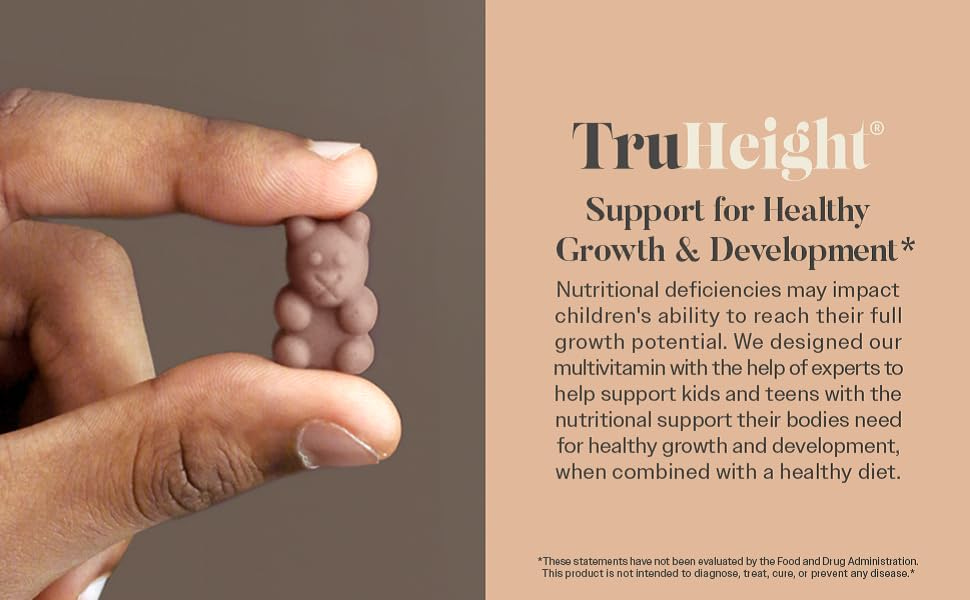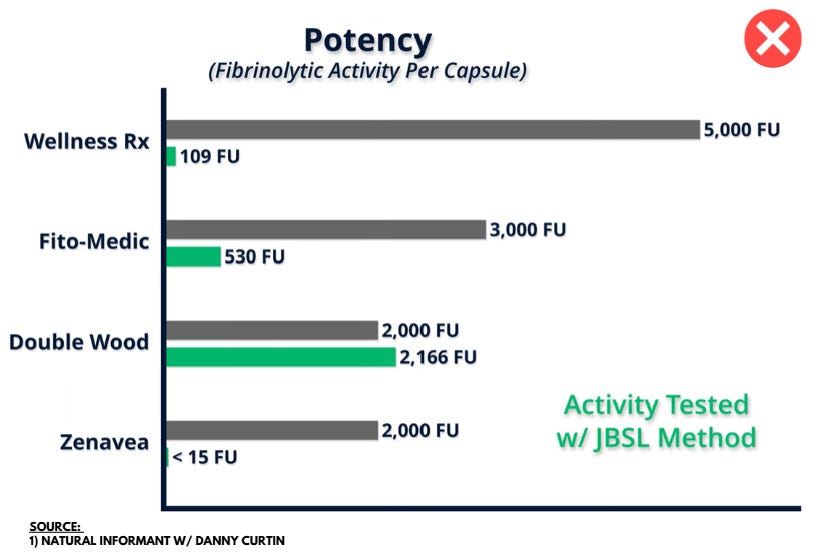Ultimate Supplement Buyer's Guide
Comprehensive guide of 20 rules & 7 brands I trust
This is an important one. And one I feel strongly about the need to democratize.
A few weeks ago I posted on X some of the top selling nattokinase brands with low potency third-party testing results. More posts followed regarding the legitimacy of brands like Bulk Supplements & Double Wood.
This set off a flurry of messages my way. Some from brand owners looking to optimize their own products & many of you simply wondering how to navigate the supplement market & avoid junk altogether.
If you're a consumer, use these to navigate at your own will & avoid scam products.
If you're a brand owner, aim not to fade these - there exists a certain turbo autist type that will eventually torch you. Proceed diligently - they will find you. What you lack in authenticity, you lose in longevity.
Now that we’ve got that down. Here are your 20 guidelines all laid out.
Guidelines
Rule #1: Avoid proprietary blends
Starting at the one that drives me the most bananas. Proprietary blends are a purposefully deceitful tactic. When a brand lists components of their "blend", they're only disclosing the total weight of the combined ingredients. Masking the individual amounts allows manufacturers to use trace amounts (often clinically insignificant) of otherwise high efficacy compounds & cheap fillers to hit the total weight.
Keep in mind most brands won’t explicitly state the blend is “proprietary” like the example below.

"But what about just wanting to protect trade secrets?"
No. Here's why. The real intellectual property worth protecting isn't an ingredient ratio - it's the actual mixing procedures, extraction methods, stability tech, & even particle sizes.
To make matters worse - proprietary blends are a loophole allowing manufacturers to adjust ingredient ratios based on raw material costs. No label update needed!
If you take nothing else from this - avoid proprietary blends.
Rule #2: Reviews aren’t gold
Sure - they can be helpful. But remember the average person has an average...IQ.
If there was an Amazon review gatekeeper who ensured all reviewers were X Health autists - then they’d probably be valid (more on this later). Not the case though. Your average reviewer is a master of placebo’ing (not a bad thing always!). People would rather justify their sunk cost fallacy than acknowledge they punted a purchase & live with regret.
Let’s look at some examples of the typical supplement consumer. (Warning: Neurons may be torched.)
One of the best-selling supplements on Amazon over the past year has been a product called TruHeight Growth Gummies. The TruHeight brand claims its proprietary “growth” blend containing ashwagandha & astragalus supports bone growth & development.
What do the buyers have to say about the product?
Please use your critical faculties for a second - do you really think this is causative for a teenager's growth? (Don’t make me answer that one for you. Instead, adhere to a high-protein, micronutrient-dense diet for your kids!)
Here’s another egregious example of placebo’ing gone wrong. The top-selling nattokinase supplement Zenavea holds a 4.6/5 rating across 1,180 reviews.
Only one issue: a recent independent, 3rd party potency test showed no nattokinase measured. (< 15 FU = undetectable levels)










